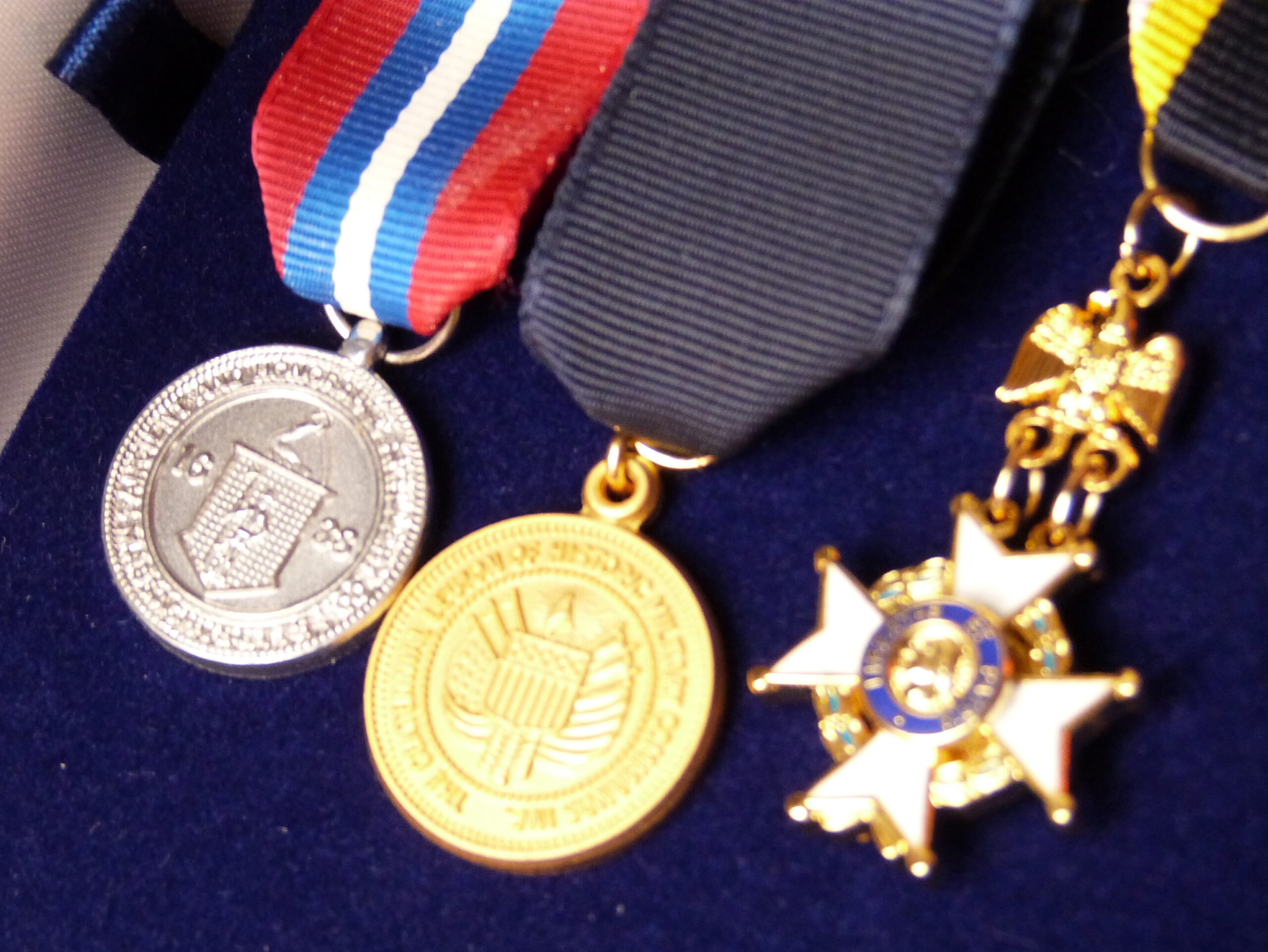
Lineage societies, organizations that require members to prove descent from a particular person or group, offer a unique blend of historical preservation, community engagement, and personal development. From the well-known Daughters of the American Revolution to the General Society of Mayflower Descendants, these societies not only celebrate heritage but also provide members with numerous advantages. Here’s a closer look at the benefits of joining lineage societies.
Preservation of History
One of the primary objectives of lineage societies is to preserve and promote historical events and figures. Members contribute to the documentation and preservation of important historical data, ensuring that future generations have accurate and meaningful records of the past. This work often involves maintaining historical sites, organizing archives, and supporting research that adds to the collective understanding of history.
Educational Opportunities
Lineage societies frequently sponsor educational programs, scholarships, and lectures that enhance the knowledge of their members and the public. These programs often focus on specific historical periods, offering insights that might not be covered in conventional educational settings. For members, this can mean access to exclusive resources and learning opportunities that deepen their understanding of their ancestors’ lives and times.
Community Service
Many lineage societies are deeply involved in community service and philanthropy. Projects can range from preserving cemeteries and historical landmarks to supporting veterans’ causes and providing scholarships to students. This aspect of societal involvement allows members to give back to their communities while honoring their ancestors’ legacies.
Networking and Friendships
Joining a lineage society can be a wonderful way to meet people with similar interests and backgrounds. These societies often bring together a diverse group of individuals who share a common bond through ancestry. For many, this creates opportunities for lifelong friendships and valuable networking connections that can be beneficial both personally and professionally.
Recognition of Ancestral Achievements
Members take pride in their lineage and the achievements of their ancestors. Lineage societies provide a platform to honor and remember these individuals in formal and meaningful ways. Whether it’s through commemorative events, plaques, or educational materials, members contribute to the recognition and celebration of their forebears.
Personal Growth
Researching one’s genealogy to meet the membership requirements of a lineage society can be a rewarding endeavor. It often involves genealogical skills, historical research, and sometimes even genetic testing. The process can be intellectually stimulating and emotionally fulfilling, as members uncover stories and connect with their personal history in a profound way.
Cultural Heritage
For those interested in cultural preservation, lineage societies offer a chance to engage deeply with one’s cultural heritage. This might involve participating in cultural events, wearing traditional garments, or learning languages and crafts that were significant to ancestors. Such activities help maintain cultural traditions and ensure they are passed on to future generations.
Lineage societies offer more than just a sense of belonging; they provide opportunities to actively engage with history, contribute to the community, and celebrate one’s heritage in a structured and impactful way. For those with a passion for history and genealogy, these societies represent a valuable avenue for personal and communal growth. By joining a lineage society, members can honor their past while enriching their present and future.
Lineage societies are organizations that admit members based on their descent from specific historical groups, events, or individuals. These societies often focus on heritage, history, and sometimes charitable activities. Here are some of the largest and most well-known lineage societies:
1. The Sons of the American Revolution (SAR)
- SAR is open to men who can trace their lineage back to those who fought for American independence during the Revolutionary War. The society focuses on patriotic education and historic preservation.
2. The Daughters of the American Revolution (DAR)
- Similar to SAR but for women, DAR members must demonstrate descent from a patriot of the American Revolution. DAR is involved in various service projects and educational initiatives.
3. The General Society of Mayflower Descendants
- Members must prove direct lineage from one of the passengers of the Mayflower, the ship that brought the first Pilgrim settlers to New England in 1620. The society is dedicated to preserving Pilgrim history and maintaining the genealogies of the Mayflower passengers.
5. The Society of the Cincinnati
- The oldest lineage society in the United States, founded in 1783 by officers of the Continental Army and their French counterparts who served in the American Revolution. It promotes public interest in the American Revolution through its library and museum collections.
6. United Daughters of the Confederacy (UDC)
- This organization is for women who are descendants of those who served the Confederate States of America during the American Civil War. UDC preserves artifacts and historical documents related to the Confederacy and its soldiers.
7. Sons of Confederate Veterans (SCV)
- Similar to the UDC but for men, SCV members trace their ancestry to those who served the Confederate forces. The society is involved in preserving the history and legacy of Confederate soldiers.
8. The Colonial Dames of America
- An organization for women who are lineal descendants of an ancestor who lived and served in Colonial America. The group is involved in promoting appreciation of American heritage through historic preservation, patriotic service, and educational projects.
These societies not only help preserve historical legacies and educate the public about significant historical events and figures but also engage in a range of philanthropic activities and community services. Membership often requires detailed genealogical documentation to prove lineage to the satisfaction of the society’s requirements.



